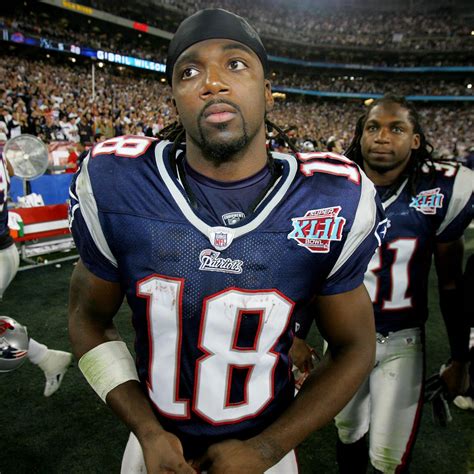A Quote by Tim Cahill
When I read about how 200 people died on a polar expedition, I wonder why they didn't get to know the Inuit people who were around and presumably know something about surviving in the Arctic after living there for thousands of years. Talking to people is a survival mechanism.
Related Quotes
We are confronted with the possibility of a war of such destruction that the whole existence of our nation and of the whole world is at stake. And yet, people know it - people read it in the newspapers, people read that at the first attack, a hundred million Americans might be killed. And yet, they talk about it as if they were talking about something being wrong with the carburetor of their car, perhaps.
Also, having grown up in England, you walk around London, you're passing relics that are a thousand years old - the wall of London is a thousand years old. You don't talk about it, it's part of your everyday life. The idea that people are in these environments and talking about the past and what happened, it's irrelevant. It's all about living and in this world it was about surviving.
So when a good idea comes, you know, part of my job is to move it around, just see what different people think, get people talking about it, argue with people about it, get ideas moving among that group of 100 people, get different people together to explore different aspects of it quietly, and, you know – just explore things.
Street politics is what happens in our everyday life, living in the bando. It's the environment around us and what we doing in the streets. We [Migos] talking about how many snakes there are in the grass and talking about how people can hurt you, and talking about how that can help you gain knowledge.
I was living in Japan at the time, Shoko Asahara was an important figure and you could say his name and people would immediately know who you were talking about but since being back in America I've realized most people don't know who he is, which I find odd because he was far worse than Charles Manson. He killed many more people than Manson and was actually trying to kill thousands but wasn't careful enough in his process.
I’m curious about things that people aren’t supposed to see—so, for example, I liked going to the British Museum, but I would like it better if I could go into all the offices and storage rooms, I want to look in all the drawers and—discover stuff. And I want to know about people. I mean, I know it’s probably kind of rude but I want to know why you have all these boxes and what’s in them and why all your windows are papered over and how long it’s been that way and how do you feel when you wash things and why don’t you do something about it?
I train like I'm training for the Olympics or for a Mr. America contest, the way I've always trained my whole life. You see, life is a battlefield. Life is survival of the fittest... How many healthy people do you know? How many happy people do you know? Think about it. People work at dying, they don't work at living. My workout is my obligation to life. It's my tranquilizer. It's part of the way I tell the truth--and telling the truth is what's kept me going all these years.
I've run into people in my life who were so dramatic; people who are so extreme and so frustrating to be around that you end up thinking about them and talking about them for literally years after your experience with them is over. I've had that happen to me, and I've seen it happen to other people. I find it fascinating.
For me, 9/11, it was my last year in college and I didn't know anything about Al Qaeda, I didn't know anything about bin Laden, I had no idea. I think probably after a few years when I started seeing how the country and the policy was shifting due to terrorism, I wanted to know: Why are these people terrorizing us, and who are they?





































